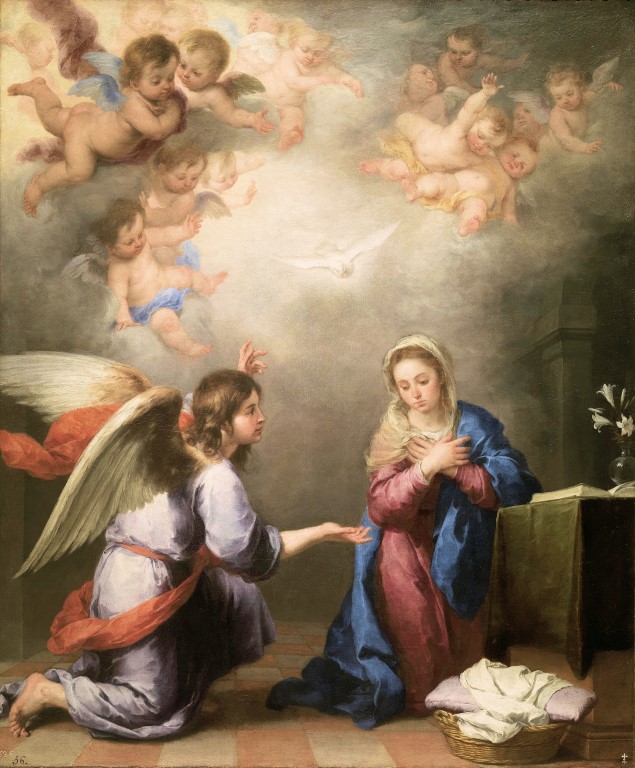Fr Manfred Hauke on Medjugorje
The renowned German theologian Manfred Hauke has given an interview on the subject of the alleged supernatural phenomena at Medjugorje. (Mariologist Hauke on Medjugorje: "Don't let the devotees fall into the void") The article is particularly valuable because of Fr Hauke’s sound theological judgement, something apparent illustrated in his introduction to the theology of Marian apparitions in general. After explaining the prophetic nature of such revelations, he takes issue with Rahner’s explanation of all such phenomena as “imaginative visions”, saying that such a subjective approach does not account for phenomena such as the apparitions at Knock where the place in which Our Lady and the saints stood remained dry despite the pouring rain. Having rejected this reductionism, he draws some useful distinctions highlighting the relative role of subjective influence and the intervention of God or of the saints.
On the question of Medjugorje, he highlights the difference between the phenomena there, and those at Gaudeloupe, Lourdes and Fatima, and makes the point that good fruits do not necessarily prove a supernatural origin. He mentions also negative fruits, saying:
The concluding remarks in the interview are especially worthy of note:
On the question of Medjugorje, he highlights the difference between the phenomena there, and those at Gaudeloupe, Lourdes and Fatima, and makes the point that good fruits do not necessarily prove a supernatural origin. He mentions also negative fruits, saying:
One of those is the encouragement given to two Franciscan friars, who were urged by the seer Vicka in the name of the "Gospa" to set themselves against the canonically legitimate directives of the local bishop regarding their pastoral activity. At the repeated exhortations of the "Gospa" to disobedience (13 times), the ordinary at the time, Bishop Zanic, who had been originally inclined favorably to the Medjugorje phenomenon, reacted with very understandable rejection.He continues with a number of other instances of disobedience.
The concluding remarks in the interview are especially worthy of note:
If a new investigative commission reaches a recognition that certain characteristics indissolubly connected with the phenomenon of the apparitions speak against their authenticity, then the love of truth demands that this be made known with all clarity and that Catholic Christians be warned expressly against "pilgrimages". The principle is valid here: "bonum ex integra causa; malum ex quovis defectu" ("Good comes from an undamaged cause; bad from some kind of defect"). If a drink is mixed with rat poison, it's not sufficient to point out that it contains only two percent strychnine with 98 percent water: the whole drink has to be poured out. If the Church does not, herself, finally lance the boil that is connected with Medjugorje, then anti-Catholic groups will do the job and with pleasure. And then the patience extended to the enthusiasm of Medjugorje could become a boomerang that attacks the Church from inside, if the groups previously connected with the Bosnian "place of pilgrimage", finally disillusioned, should turn against the Faith and the Church. And that could also explain that the devil takes "good fruits" as part of doing his business in Medjugorje: if he can bring forth a vastly greater harm to the Church in the end. Pastoral love must not be separated from the love of truth.It is interesting to be able to discuss this with other priests at the theological symposium. There is a variety of views, one being that we should apply the Gamaliel approach.



